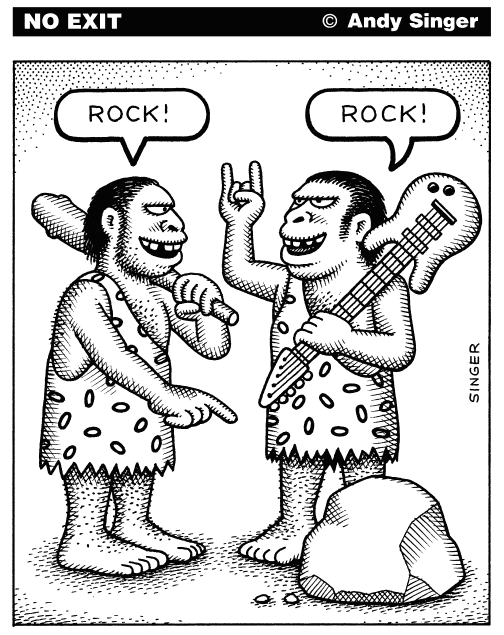With the passage of time, fellow Friends at meeting have come to me with helpful suggestions. They insist I should read this book, or this epistle of George Fox, or this collection of essays by one of our Society’s notables. Obligingly I have read these one by one and am certainly fortunate that I now have a better understanding of Quaker history and how everything came together in space and time to make the faith the way it exists today. It is always helpful to see the intersections and make the connections throughout time that link the past with the present. Indeed, as history was my major in college and has been a lifelong passion, my interest already leans towards such pursuits. Certainly nothing I read was ever taught in any history class I took, even in graduate school. Each have been fascinating reads, but as I dug deeper and deeper into them, I couldn’t help but ask myself, “Why have we hidden our light under a bushel?”
Beyond spiritual functions, I’ve gotten the same treatment from people who feel as though I need to do my homework first before I step any further into any activist group, association, or organization.
If you’ll forgive the archaic sexism of the passage, the King James Bible renders Matthew 5:15 as
Neither do men light a candle, and put it under a bushel, but on a candlestick; and it giveth light unto all that are in the house.
This passage has given rise to a familiar idiom, the act of hiding one’s light under a bushel. It doesn’t matter what gathering of believers I attend nor whichever secular group that receives my membership that I don’t see something along these same lines. Assuming you talk to the right person or persons, you’ll uncover much that is inspirational and fascinating. Yet, why not extend full understanding or full comprehension to all without the need for intermediaries? Is that which I speak merely an oversight of habit that must be corrected by whomever speaks up loudly enough? Or, is it some deliberate distrust of those who have yet to suitably prove their mettle or commitment? The intentions may not be sinister, but they are certainly detrimental, regardless of why or how.
As always, I find the beginning of any movement the most fascinating—the first efforts where, in this case, one man’s vision became adopted and advanced by other believers. This initial flowering appeals to my senses most keenly. Likewise, my favorite musical songs are appreciated for the moment at which the opening chords and melody blossoms into the hook. I am drawn to the instant at which the attention of everyone is drawn to this new creation. I am also drawn to the promise of wholesale fulfillment and with it the incredible possibility of that of that which might lie beyond. I extend this same interest to a desire to build from the ground up in my own life and by my own example. The passage has particular resonance with a Quaker audience, particularly with our belief that the Light of God exists within each of us.
To provide some contrast, in my activist work, I keep a close eye on the issues in debate within Feminist groups, particularly those issues which pertain specifically to Young Adults like me who wish to contribute to the movement. A week or so ago, an articulate and intelligent voice wrote a highly pertinent but also very critical essay taking aim at The National Organization for Women, known to most as NOW. The post took the organization to task for its failings to stay current to the existing political debate while expressing no small frustration that it seemed like there was nothing the author could do personally to make the internal changes necessary. Even from within, the author’s voice had fallen on deaf, or at least uncomprehending ears.
The essay was, I am happy to report, received in the spirit in which it had been intended, and a response by NOW was drafted and posted. In it, the reader was greeted to a very well-researched narrative detailing how the organization had been founded, providing the names of the people instrumental in putting it together, and documenting well the great struggles of those who expended the time and energy to build it up from the roots. It was a fascinating read, but as I dug deeper and deeper into it, bouncing from the story and contribution of one largely unknown person to another, I couldn’t help but ask myself, “Why have they hidden their light under a bushel?” Certainly nothing I read was ever taught in any history class I took, even in graduate school.
If it be modesty or shyness on the part of those who have the strategies and wisdom, then this can be corrected. If it be to avoid attention, others more comfortable can vocalize that which needs to be shared with a larger audience. Friends and friends alike, what if the solution existed within us? What if that solution could be realized and put into place so that we could best attack a lingering problem? What if we didn’t we didn’t hide our lights under a bushel—all of us? What sort of world would we live in then?



